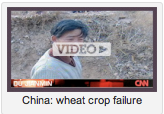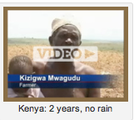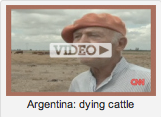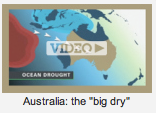Adding insult to injury, according to Al Jazeera, money from illegal logging near the Afghan border in Malakand found its way into the pockets of the Taliban. And in a literal cascade of bad to worse, the ill-gotten timber, stashed temporarily in ravines, magnified the destructive power of the flood-waters, shredding bridges and roads in the hurtle down river.
When the waters eventually recede, an eroded landscape will emerge. Whatever fertility the ground held will have been leached away, much of it to end up as mucky silt, clogging Pakistan’s over-extended, under-maintained massive irrigation network.






















